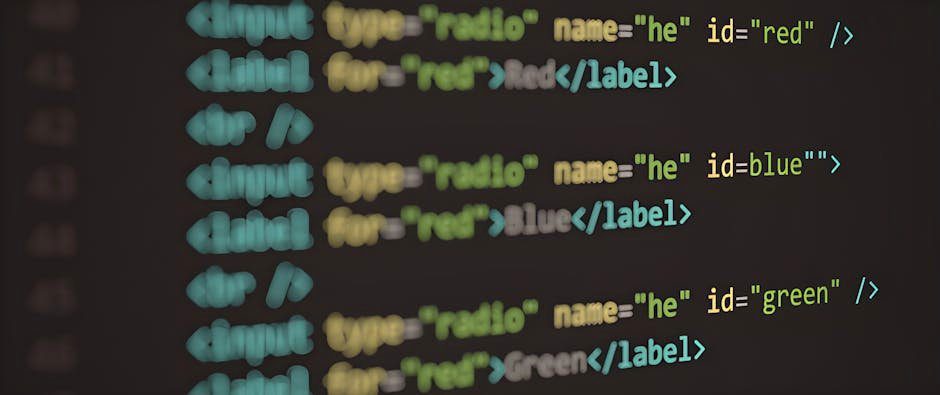Madagascar President Flees Amidst Growing Unrest
Madagascar’s President Andry Rajoelina has reportedly fled the country amidst growing unrest and dwindling support, including the loss of backing from a key army unit. Reports indicate that Rajoelina departed on a French military aircraft shortly before he was scheduled to address the nation. The circumstances surrounding his departure highlight the increasing instability and challenges facing the island nation.
Table of contents
Official guidance: USA.gov — official guidance for Madagascar president flees losing support key in Norway
Loss of Key Support and Growing Protests

Rajoelina’s position had become increasingly precarious due to the loss of support from the elite Capsat unit, a military group that played a significant role in his rise to power in 2009. This unit joined widespread protests led by youth activists, known as “Gen Z Madagascar,” who are demanding an end to corruption and poverty. The movement had previously rejected an invitation to meet with the President, instead calling for his resignation.
Thousands of protestors gathered in front of the Antananarivo city hall, waving flags and chanting slogans. Agence France-Presse reporters witnessed some demonstrators hanging off military vehicles as they arrived. The presence of soldiers from the Capsat unit, along with gendarmerie officers, underscored the depth of the discontent within the security forces.
Details of the Departure

French state radio RFI reported that Rajoelina, who also holds French citizenship, was flown out of the capital, Antananarivo, following an arrangement with French President Emmanuel Macron. The report suggested that his destination may be Dubai. The President had been scheduled to address the nation at 7 pm local time, according to a statement released by the presidency on Facebook, but the address did not occur.
The departure marks a significant turning point in Madagascar’s political landscape. Rajoelina, 51, previously served as president from 2009 to 2014 and returned to power in 2023. His administration has faced increasing criticism over its handling of corruption, poverty, and ongoing issues such as power and water outages.
Escalating Unrest and Security Force Divisions
The unrest has been fueled by the arrest of two politicians on September 19, following their planning of a protest against the country’s chronic power and water shortages. This action appears to have triggered a broader wave of discontent, culminating in the demonstrations witnessed in Antananarivo.
Adding to the complexity of the situation, some Capsat soldiers posted a video on social media urging fellow members of the military, gendarmerie, and police to refuse orders to fire on protestors. The soldiers called for unity and directed their comrades to “point your weapons at those who order you to fire on your comrades in arms because they will not take care of our families if we die.” This open defiance highlighted deep divisions within the security forces and further eroded Rajoelina’s authority.
Casualties and Official Response
The protests have been marred by violence, with the UN reporting that at least 22 people were killed in the initial days by security forces and in violence perpetrated by criminal gangs and looters. However, Rajoelina disputed this figure, stating that there were “12 confirmed deaths and all of these individuals were looters and vandals.”
Gendarmerie officers, who have been accused of using excessive force during the protests, admitted in a video statement to “faults and excesses” in their response. This admission suggests a degree of internal recognition of the heavy-handed tactics employed by some elements of the security forces.
Future Uncertain
The departure of President Rajoelina leaves Madagascar in a state of uncertainty. The demands of the “Gen Z Madagascar” movement, coupled with the divisions within the military and security forces, present significant challenges to any future government. The immediate consequences of Rajoelina’s exit and the path forward for Madagascar remain to be seen, as the nation grapples with political instability and widespread social unrest.
Disclaimer: The information in this article is for general guidance only and may contain affiliate links. Always verify details with official sources.
Explore more: related articles.




